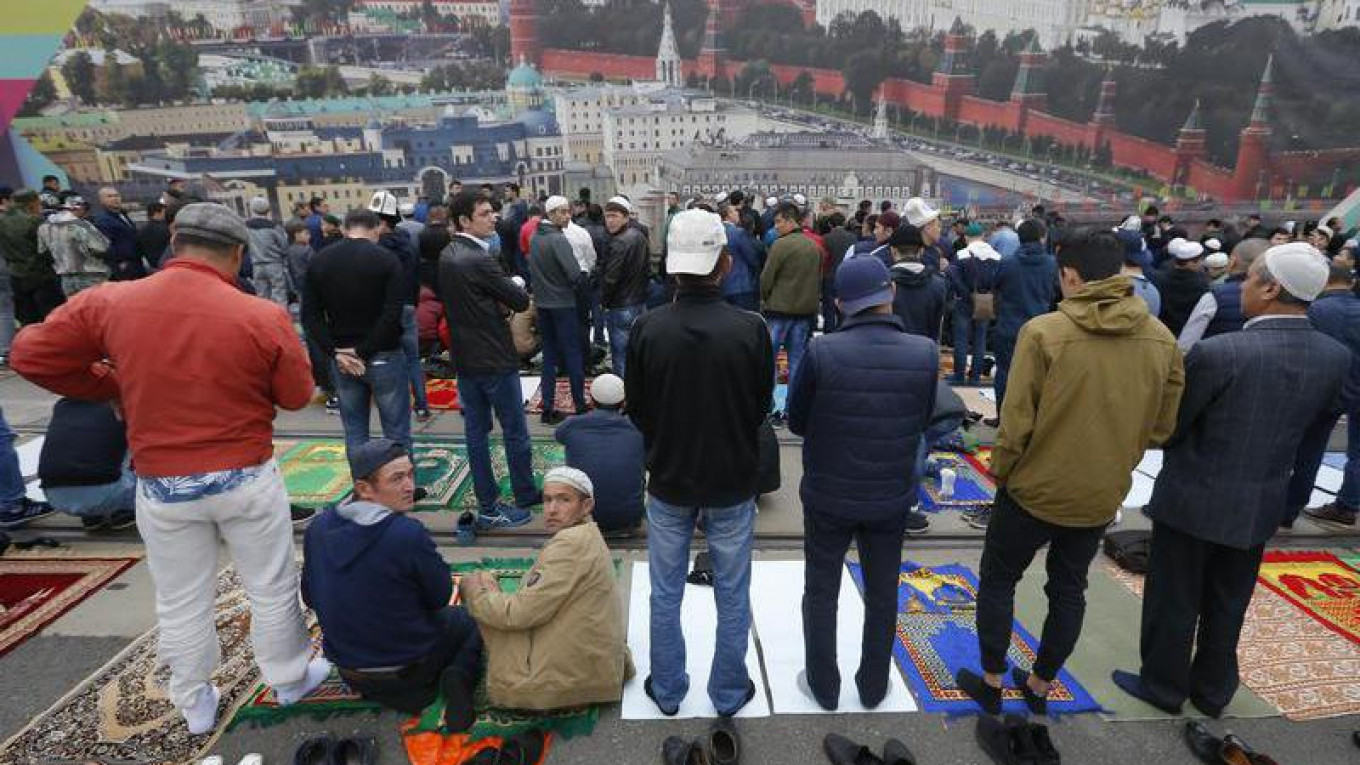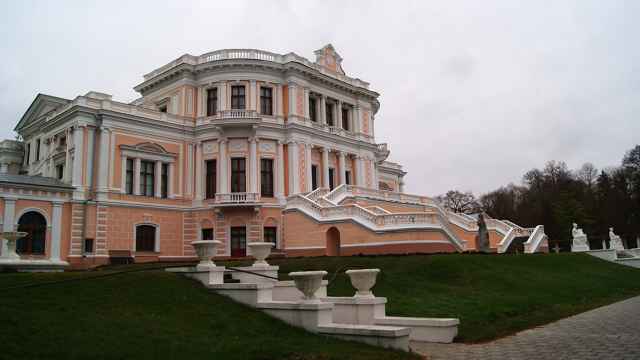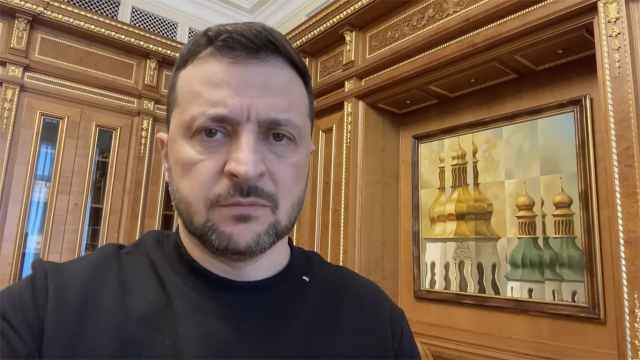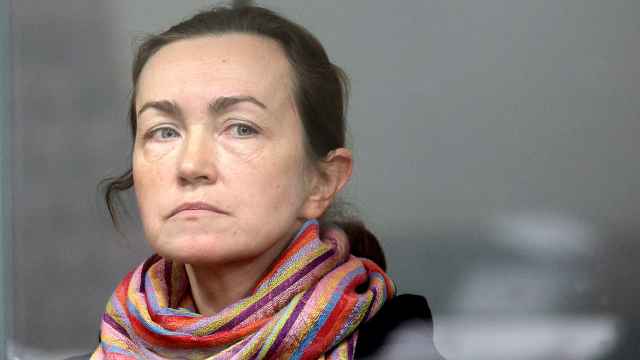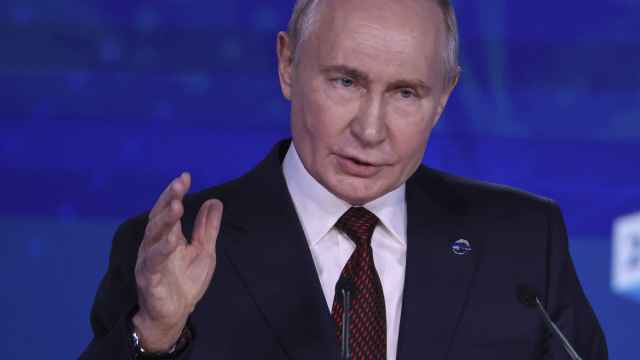A U.S. report on religious freedoms puts Russia on a par with countries like North Korea and Sudan in its treatment of religious minorities.
The annual report produced by the state United States Commission on International Religious Freedom (USCIRF) said Russian authorities’ policy towards minorities ranged from "administrative harassment to arbitrary imprisonment to extrajudicial killing."
It cited Russia’s treatment of the Jehovah’s Witnesses following Russia’s Supreme Court decision in April to formally ban the group, forcing 396 registered Jehovah's Witnesses organizations across the country to dissolve.
It said Russia’s recently amended extremism laws, also known as the Yarovaya amendments, have made it easier to persecute religious minorities such as the Jehovah’s Witnesses on extremism charges.
“Their right to religious freedom is being eliminated thoroughly, and yet ‘legally’ under Russian law,” the report said.
Another law labeling as “foreign agents” NGOs which receive foreign funding and are engaged in any activity considered to be politicalin nature is further encroaching on religious rights by targeting organizations which advocate freedom of belief, such as the SOVA Center and Memorial, it said.
The USCIRF added that Muslims were among the biggest victims of the Russian authorities, saying “innocent Muslims were tried on fabricated charges of terrorism and extremism,” especially in the North Caucasus republic of Chechnya and Dagestan.
In Crimea, the Black Sea peninsula annexed by Russia in March 2014, Russian authorities "co-opted the spiritual life of the Muslim Crimean Tatar minority and arrested or driven into exile its community representatives,” the report said.
The USCIRF recommended to label Russia “a country of particular concern,” which puts it in the same category as countries like North Korea, Saudi Arabia and Sudan.
The committee suggested expanding the Magnitsky Act’s list of Russian officials responsible for human rights violations, which involves freezing their assets and denying them entry to the United States. That list already includes Chechen leader Ramzan Kadyrov, on the USCIRF’s recommendation, it said.
A Message from The Moscow Times:
Dear readers,
We are facing unprecedented challenges. Russia's Prosecutor General's Office has designated The Moscow Times as an "undesirable" organization, criminalizing our work and putting our staff at risk of prosecution. This follows our earlier unjust labeling as a "foreign agent."
These actions are direct attempts to silence independent journalism in Russia. The authorities claim our work "discredits the decisions of the Russian leadership." We see things differently: we strive to provide accurate, unbiased reporting on Russia.
We, the journalists of The Moscow Times, refuse to be silenced. But to continue our work, we need your help.
Your support, no matter how small, makes a world of difference. If you can, please support us monthly starting from just $2. It's quick to set up, and every contribution makes a significant impact.
By supporting The Moscow Times, you're defending open, independent journalism in the face of repression. Thank you for standing with us.
Remind me later.


